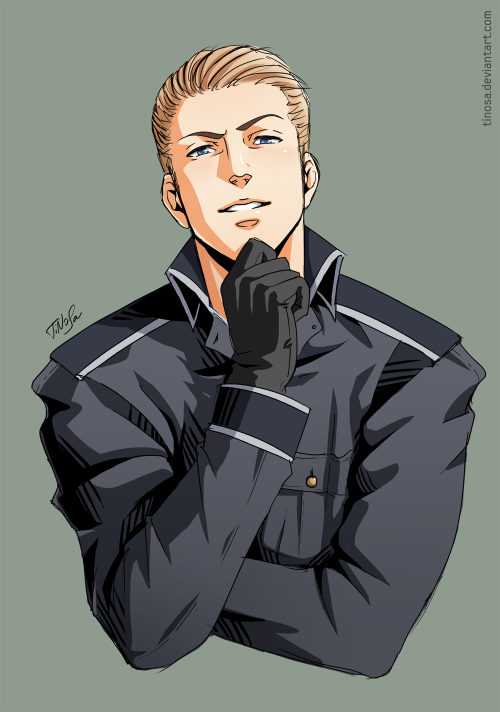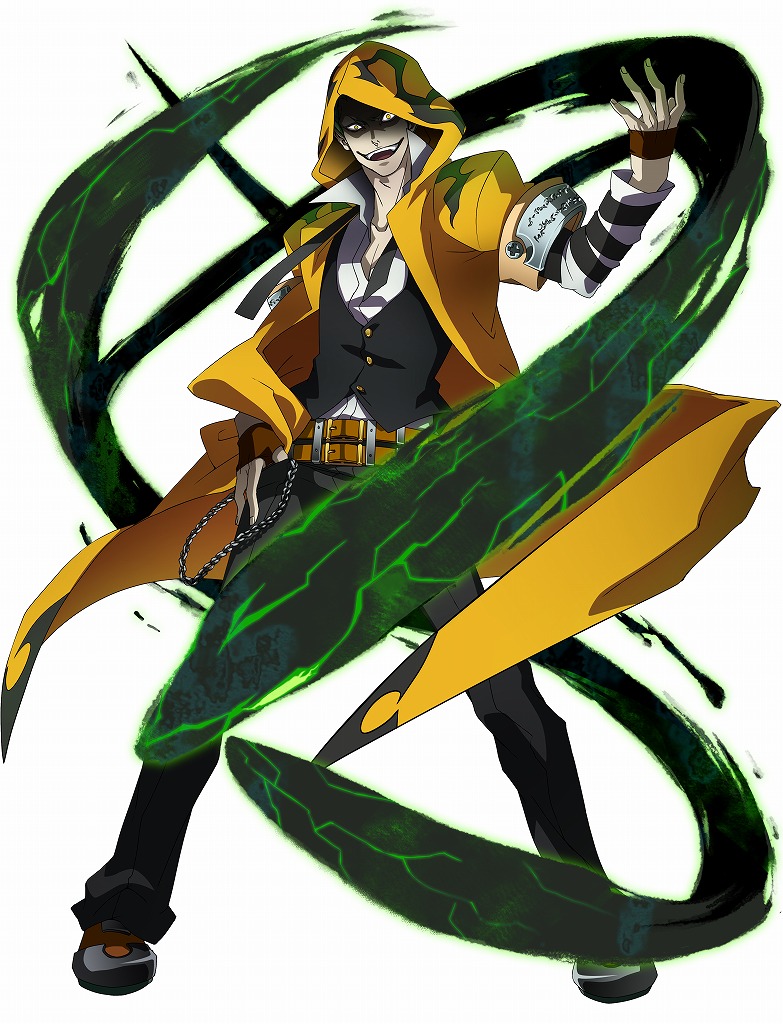Without further ado, I give you the CS. Fill out however much you feel comfortable with, but the more you put in, the better i can tailor your experience ^.^
Information
Name: Cape Name:Theme Song: This isn’t mandatory, but during particularly cool scenes, I like a backing track to better picture what is going on. Feel free to pick your own backing track for those purposes.
Aspects
- These are leftovers from the FATE system I used to use, which is a dice-based system. The only reason I am asking players for this, is becuase the more I know about what makes your characters ‘tick’, the better I can GM. Try to keep them all under seven words. All examples are taken from my own characters.
High Concept: A short statement summarising the core of your character. Something like The Brightest Light in Boston, or Vicious Harbinger of Vengenace - two of the ones you’ll meet later.
Trouble:Another short statment detailing the biggest problem your character has. Does your power have a drawback? Are you a massive dick? Put it here! E.g. The Dead Have Time to Plan
Origin: Where you came from. Not necessarily before you got powers, but what were you doing before coming to Boston, or in Boston before the start of the RP? E.g. Bought and Sold
Growth: What did you get up to. How did you get your powers? How did your activities before the RP go? E.g I Won’t Let You!
Adventure: Why did you come to Boston? What has happened since you came here? E.g. Living the Punchline
Bio
Personality:History:Abilities
In Worm, powers are classified into one of twelve categories, and various ranks. The categories are:
- Mover - Has a power enhancing mobility. (Moving themselves or others, special forms of transport, higher than human capability)
- Shaker - Has a power with an area of effect.(Spacetime manipulation, Zone control, wide-area)
- Brute - Has enhanced strength or durability.(Most dangerous in melee range, hard to put down)
- Breaker - Can shift into another state. (Break natural laws of universe, self-centered power, may have different abilities in altered state)
- Master - Can control others or create minions. (Various control/strength/range/input commands)
- Tinker - Can create or alter devices with futuristic technology. (Innate knowledge of super-advanced technology, specialisation area allows for better output dealing with a certain material/method/product, tech requires maintenance which restricts mass-production )
- Blaster - Is a ranged, offensive threat. (Long-ranged attacks of various flavours, lasers/object manipulation/grenades, not always outright powerful but generally deleterious)
- Thinker - Focuses on information gathering.(Enhanced knowledge/skills/perceptions, includes clairvoyant and precog-ish powers, skill acquisition and increased sight/hearing )
- Striker - Has a power that is melee-ranged or touch-based. (Applies various effects via touch or otherwise at point-blank range, power relies on physical contact, strength with no durability/point-blank pyrokinesis)
- Changer - Can alter their form or appearance. (Alter form/appearance and/or natural ability, manipulates body, doesn’t include new powers bar natural armour/weaponry/durability)
- Trump - Can manipulate powers in some capacity. (Powers which directly affect other powers, strengthing/weakening/removing, effects can alter based on circumstance)
- Stranger - Focuses on stealth or infiltration.(Bypassing defenses, alter perceptions)
To each category, the PRT assign a number scale based on how dangerous an individual is. Rank 1 being slightly above normal, around 3 being classed as a threat, 6 as a serious threat and 9 being a major emergency. The scale usually only goes to nine, however some character rank as a 12 or above - serious, world-endangering powers. Most characters in the RP sit comfortably around a 5-6, so bear that in mind when making powers. The follow table is the official listing for power ranks
- 1 - Poses a threat only just above human norms, an unexceptional individual may be able to cope with the ability or walk away unharmed from an altercation where the abilities in question were leveraged. Ability should be assumed to be a nonthreat and need not be identified if other matters prove more pressing.
- 2 - An alert, exceptional, well equipped, and/or trained individual should be able to answer or address the ability in question, but it can prove problematic. Team members are reminded of standard countermeasures and should put these measures in effect when there are no pressing other matters
- 3 - Civilians, even alert or fit civilians, will not be able to handle the ability or abilities in question. Several trained individuals may be required to deal with the situation. Protocol suggests that care should be taken to remove civilians from the area and discourage them from participating.
- 4 - One full squad of trained operatives should be able to deal with this situation alone, but exceptional circumstance, context and environment may bias things one way or the other.
- 5 - Additional countermeasures come into effect. A typical parahuman and/or one parahuman assisting a squad of operatives should be able to deal with the power in question. Operatives can engage until assistance arrives.
- 6 - A typical trained parahuman and/or one parahuman assisting a squad of operatives should be able to deal with the power in question. Operatives should postpone engagement.
Parahumans and operatives should assume that traditional actions are going to be met by a complication. Acquiring further intel recommended where possible, but not mandated. - 7 - Parahumans should engage in pairs or trios at a minimum, two fully equipped squads should be deployed. Acquiring further intel is mandated, all acting parties should shift to the defensive or delay until intel can be acquired.
- 8 - Evacuation of civilians should take priority for all squad members. Engaging should be avoided outside of specific missions and tasks. Capes should engage only when supported by their team to ensure a minimum of complications or danger.
- 9 - Assume extreme complications, with standard tactics not applying, or the power in question having an additional factor that exaggerates its effect. Capes and PRT should evacuate where possible, and should only engage when a specific mission and strategy has been outlined. Major countermeasures should take effect.
- 10+ - In the event of a serious confrontation, additional teams or specific high-rated individuals should be called in to manage the crisis.













